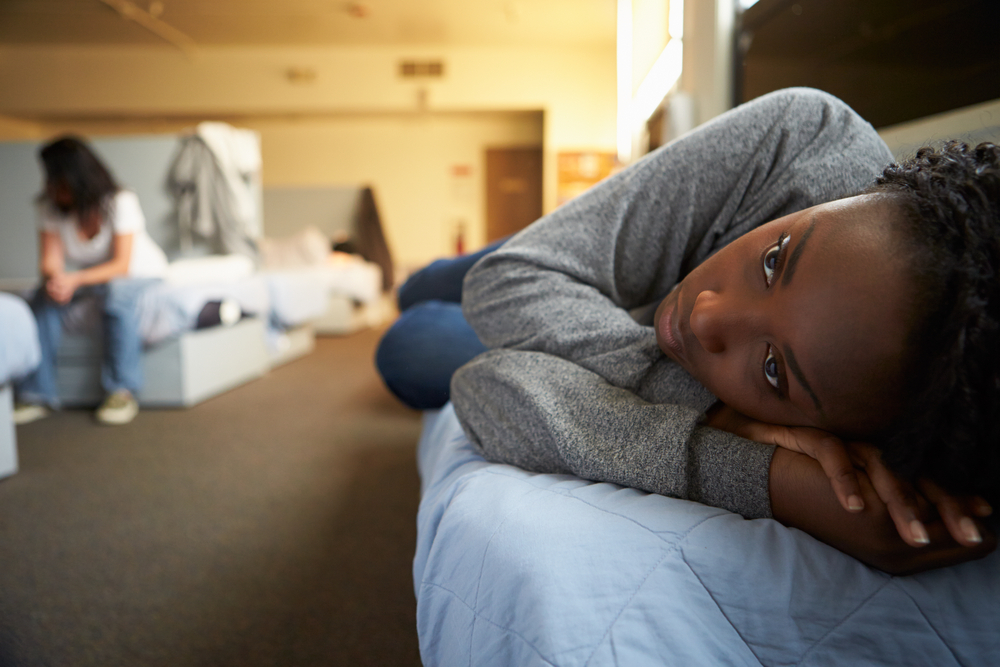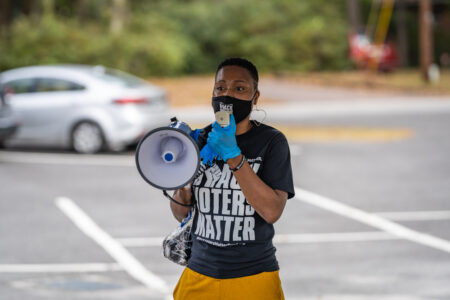Higher injury times and worse recovery rates may link Black Americans with traumatic brain injury and greater chances of being unhoused.
With the levels of unhoused individuals being on the rise in the U.S., traumatic brain injuries amongst BIPOC Americans, particularly amongst Black Americans, are one of the contributors as they leave people from these demographics susceptible to being unhoused.
Traumatic brain injuries, simply known as TBI, can be caused by anything that gives a direct blow to the head such as playing a sport, being in a car accident or blunt falls.
Through standardized tests such as Acute Concussion Evaluation and the Glasgow Coma Scale as well as diagnostic testing such as a CT scan, medical teams can determine the extent of damage on the brain and the repair it needs. In cases of severe TBI, proper treatment includes monitoring by professionals to ensure that oxygen reaches the brain, surgery and rehabilitation to allow the patient to relearn how to handle daily activities again. Although there is treatment, the effects of TBI can prove to be long-lasting. Along with causing mental health issues, the physical effects of TBI include memory and cognitive health issues as well as difficulty with pain, vision and hearing. These long-lasting effects have been proven to have an effect on individuals becoming unhoused. According to a report by the Graduate School of Social Work, out of 115 unhoused individuals in Colorado, 71% of the participants had gotten at least one TBI. About 74% reported that they had gotten the injury before they became unhoused.
Overall, according to the National Library of Medicine, a meta-analysis of 22 different studies found that approximately 70% of unhoused individuals have had a TBI. The link between unhoused people and TBIs reflects higher rates of unhoused Black American individuals and higher rates of TBIs suffered by Black Americans. According to the National Institute of Health, Black Americans were found to have higher rates of TBI hospitalization, recording rates of nearly 79 hospitalizations for the injury out of every 10,000 people. Black Americans came second only to Native Americans when it came to TBI-related mortality rates and had the worst outcomes after one year of sustaining TBIs.
With worse outcomes of TBI recoveries, TBIs amongst Black Americans may be contributing to increased levels of unhoused Black Americans. Per USA Facts, despite making up approximately 13% of the U.S. population, about 48 Black Americans out of every 10,000 people were found to be unhoused. According to research by the National Alliance to End Homelessness, of the U.S. population of individuals who are unhoused, Black Americans made up approximately 40% of those without a home.
The link between TBIs and unhoused Black Americans is caused partially because of racial disparities in health care. In a recent Pew Research study, about 56% of Black American participants reported that they need to “speak up to get proper care” and have felt they’ve been treated with less respect. About 63% of the participants also reported that they believed they had less access to quality medical attention in their living area.
As they struggle to get proper attention when dealing with injuries such as TBIs, Black Americans are more likely to have issues with employment, leading to potential struggles with housing affordability. Associated with less retention following a TBI, Black Americans were less likely to receive follow-up appointments with their physicians, leading to increased rates of job loss. To address the rates of unhoused Black Americans with TBI, alongside equality in the healthcare system, more support to address the rates of unhoused Americans is also necessary, according to US mayors. In a report released by Boston University’s Initiative on Cities, while 73% of U.S. mayors feel they are accountable for reducing the rates of unhoused individuals, only 19% said they felt they had the ability to do so; over 60% reported that they had a lack of resources to do so and are unable to act on policies because of public opposition to shelters for the unhoused.
“While we continue to create and improve shelter options here in Madison, we need supportive services to address the health, mental health, education and employment needs of people experiencing homelessness,” said Wis. Mayor Satya Rhodes-Conway per Boston University. “We need to help people move into decent and stable housing, while also working toward effective, long-term solutions—including building more permanent, affordable housing options and investing in initiatives that combat underlying inequities in our community.”








